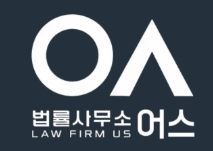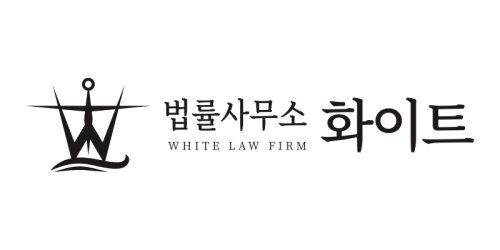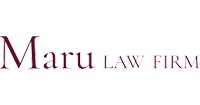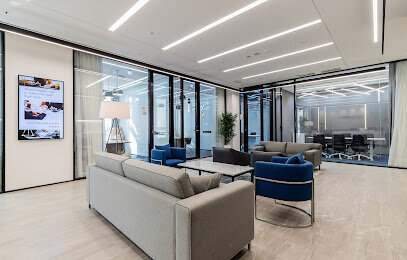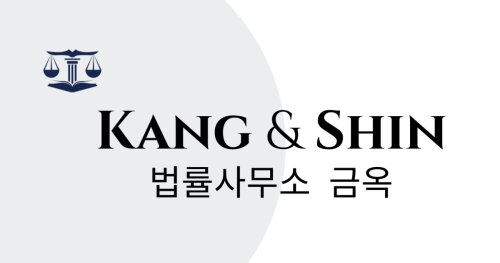Best Immigration Lawyers in Seoul
Share your needs with us, get contacted by law firms.
Free. Takes 2 min.
List of the best lawyers in Seoul, South Korea
About Immigration Law in Seoul, South Korea:
Immigration in Seoul, South Korea is governed by strict laws and regulations that control the entry, residence, and employment of foreign nationals in the country. These laws are designed to protect national security and regulate the flow of immigrants into the country. Understanding the legal requirements and processes for immigration in Seoul is crucial for foreigners who wish to live or work in South Korea.
Why You May Need a Lawyer:
There are many situations where individuals may require legal assistance in immigration matters in Seoul, such as applying for visas, dealing with deportation issues, or seeking asylum. A lawyer can provide valuable guidance, support, and representation throughout the immigration process and ensure that your rights are protected under the law.
Local Laws Overview:
In Seoul, South Korea, some key aspects of immigration law include obtaining visas, residency permits, and work permits. Foreign nationals must comply with strict requirements and regulations set by the South Korean government to remain legally in the country. It is essential to understand these laws and follow the proper procedures to avoid any legal issues.
Frequently Asked Questions:
1. What types of visas are available for foreigners in South Korea?
Visas available in South Korea include tourist visas, work visas, study visas, and residency visas, each with specific requirements and eligibility criteria.
2. How can I extend my visa in South Korea?
Visa extensions can be requested through the immigration office in Seoul by submitting the required documents and proof of eligibility for an extension.
3. Can I work in South Korea as a foreign national?
Foreign nationals can work in South Korea with the appropriate work visa obtained through their employer or a job offer in the country.
4. What are the consequences of overstaying my visa in South Korea?
Overstaying your visa in South Korea can result in fines, deportation, and being banned from re-entering the country in the future.
5. How can I apply for permanent residency in South Korea?
Permanent residency in South Korea can be obtained through specific visa categories, such as the F-5 visa, by meeting the required criteria and residency period in the country.
6. Can I seek asylum in South Korea?
Foreign nationals can apply for asylum in South Korea if they fear persecution or harm in their home country, following the proper procedures set by the government.
7. What are the legal rights of foreign workers in South Korea?
Foreign workers in South Korea are entitled to certain legal rights, such as fair wages, working conditions, and protections under labor laws.
8. How can I appeal a deportation order in South Korea?
Deportation orders in South Korea can be appealed through the immigration office or courts by providing evidence and legal representation to challenge the decision.
9. What are the requirements for obtaining a student visa in South Korea?
Student visas in South Korea require proof of enrollment in a recognized educational institution, financial stability, and compliance with visa regulations for students.
10. How can I sponsor a family member to join me in South Korea?
Family members can be sponsored to join a foreign national in South Korea through specific visa categories, such as the F-3 visa, by meeting the required criteria and relationship qualifications.
Additional Resources:
For more information on immigration laws and procedures in Seoul, South Korea, you can contact the South Korean Immigration Service or consult with legal organizations such as the Seoul Bar Association for legal assistance and guidance.
Next Steps:
If you require legal assistance or advice in immigration matters in Seoul, South Korea, it is recommended to consult with a qualified immigration lawyer who can help navigate the complex legal requirements and protect your rights under the law.
Lawzana helps you find the best lawyers and law firms in Seoul through a curated and pre-screened list of qualified legal professionals. Our platform offers rankings and detailed profiles of attorneys and law firms, allowing you to compare based on practice areas, including Immigration, experience, and client feedback.
Each profile includes a description of the firm's areas of practice, client reviews, team members and partners, year of establishment, spoken languages, office locations, contact information, social media presence, and any published articles or resources. Most firms on our platform speak English and are experienced in both local and international legal matters.
Get a quote from top-rated law firms in Seoul, South Korea — quickly, securely, and without unnecessary hassle.
Disclaimer:
The information provided on this page is for general informational purposes only and does not constitute legal advice. While we strive to ensure the accuracy and relevance of the content, legal information may change over time, and interpretations of the law can vary. You should always consult with a qualified legal professional for advice specific to your situation.
We disclaim all liability for actions taken or not taken based on the content of this page. If you believe any information is incorrect or outdated, please contact us, and we will review and update it where appropriate.
Browse immigration law firms by service in Seoul, South Korea
Seoul, South Korea Attorneys in related practice areas.





